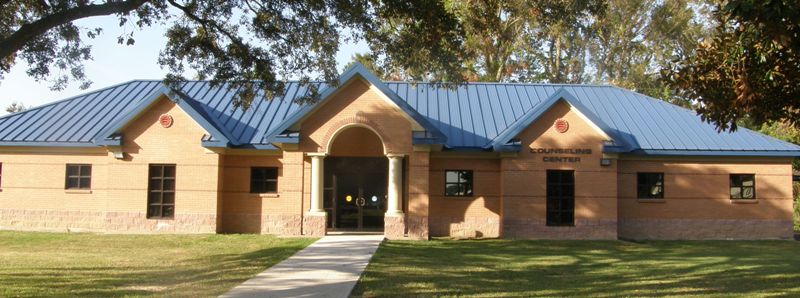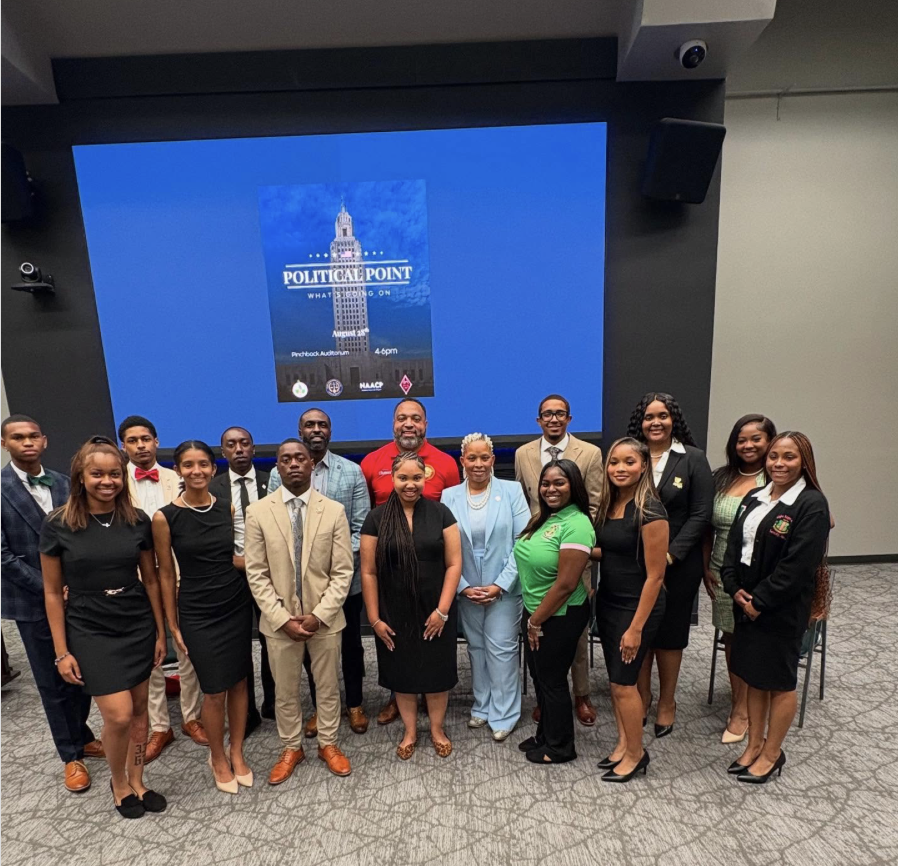(AP) — Lowdoses of the main active ingredient in marijuana slowed the progression ofhardening of the arteries in mice, suggesting a hint for developing a newtherapy in people.
Expertsstressed that the finding does not mean people should smoke marijuana in hopesof getting the same benefit.
“Toextrapolate this to, ‘A joint a day will keep the doctor away,’ I think ispremature,” said Dr. Peter Libby, chief of cardiovascular medicine at Boston’sBrigham and Women’s Hospital.
The mousework is presented in Thursday’s issue of the journal Nature by Dr. FrancoisMach of Geneva University Hospital in Geneva, Switzerland, and colleagues. Hesaid in an e-mail that he believed future work will focus on finding drugs thatmimic the benefit without producing marijuana’s effects on the brain.
Hardeningof the arteries sets the stage for heart attacks. Inflammation plays a key rolein the condition, characterized by a progressive buildup on the inside walls ofblood vessels. So Mach and colleagues explored the anti-inflammatory effects ofmarijuana’s main active ingredient, delta-9-tetrahydrocannabinol, or THC.
They fedmice a high-cholesterol diet for 11 weeks. About halfway through that period,they started giving some of the mice very low, daily oral doses of THC — toolow to produce any marijuana-like changes in behavior. At the end of theexperiment, mice that had gotten the THC showed less blood vessel clogging thandid mice that got no THC.
Relatedwork showed no additional benefit from higher THC doses, such as a person wouldget from smoking marijuana, Mach noted.
Researchersfound that the benefit came from THC’s effect on immune-system cells. Itreduced their secretion of an inflammation-promoting substance and theirmigration to the vessel wall, researchers found.
Itapparently did that by binding to proteins called CB2 receptors, which arefound mostly on immune-system cells. THC also targets CB1 receptors, foundmostly in the brain. So the work suggests scientists should try to develop adrug that works on CB2 receptors while ignoring the brain receptors, Mach said.
Libby, whodid not participate in the study, said the work was valuable for identifyingthe CB2 receptor as a potential target for treatment in hardening of thearteries, and showing that a natural substance could help.
But henoted that controlling one’s weight, exercising and eating right have alreadybeen proven to reduce a person’s risk of heart attacks and strokes.





